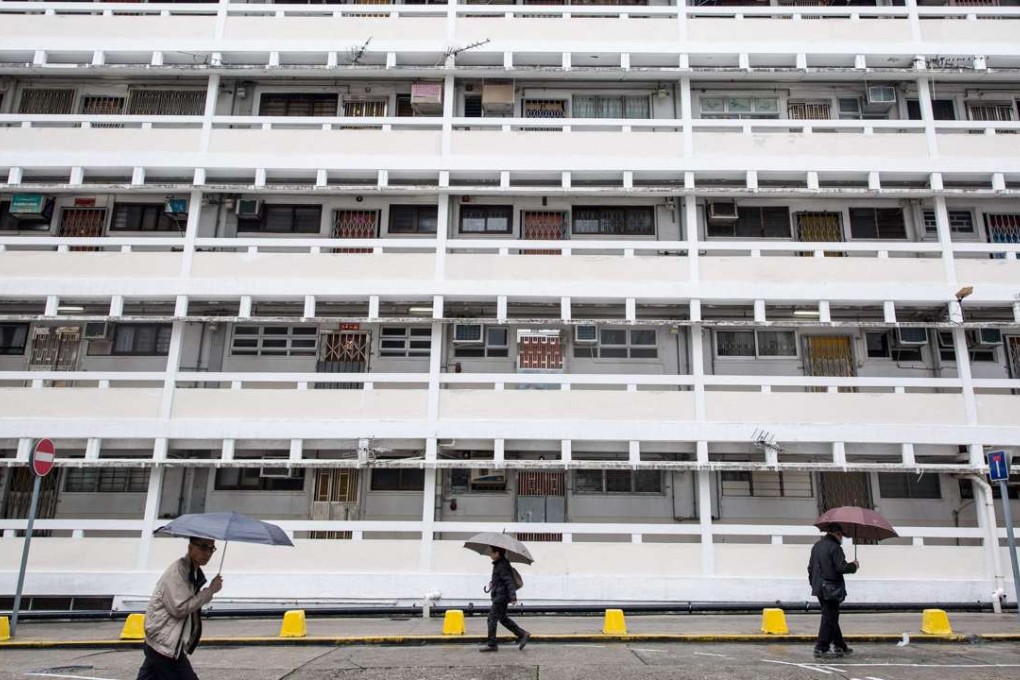The View | Hong Kong’s rigid public rental housing system adds to unemployment in outlying areas
Study fails to show any significant positive effect of access to mass transit

Urban housing is one of the most important issues in economic development. How society chooses to supply housing to meet the needs of both existing residents and new migrants has enormous long-term consequences for every facet of economic, social and political life.
Over the past half-century, Hong Kong’s primary response to this issue has been to develop a public housing programme. Today, almost half the population lives in publicly provided housing, making the programme one of the largest in the world per capita.
There is, however, a price to pay for this achievement. Because of the increasing scarcity of urban land, many public housing estates are now found in satellite towns in outlying areas. Families are attracted by the low rents but the long, costly commute between home and work has reduced their ability to find and hold jobs in other parts of the city, or even to participate in the labour market at all.
Moreover, the rigidity in Hong Kong’s public rental housing requirements means they are likely to stay in the same unit permanently – even when moving to another district might make better sense, for example, to capture labour market opportunities there. Public rental housing residents are therefore far less mobile than private renters.
The share of urban dwellers in Hong Kong plunged from 91 per cent in 1976 to 58 per cent in 2011
Owners of public housing units sold through the government’s Home Ownership Scheme (HOS) and Tenants Purchase Scheme (TPS) also face serious restrictions on their mobility because they have to pay the unpaid land premium when selling their units. This is assessed at the time of repayment, meaning they are unable to capture the fully appreciated value of their property.
There is evidence that workers are living farther from jobs. The urban core of Hong Kong Island and Kowloon Peninsula has consistently accounted for about 75 per cent of total job opportunities for decades, even as the share of urban dwellers in Hong Kong plunged from 91 per cent in 1976 to 58 per cent in 2011.
